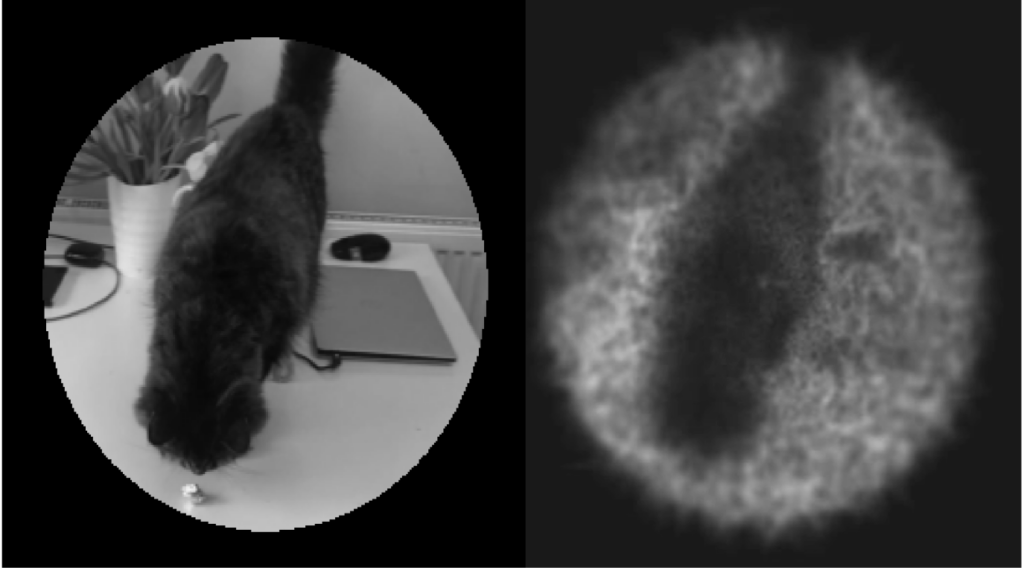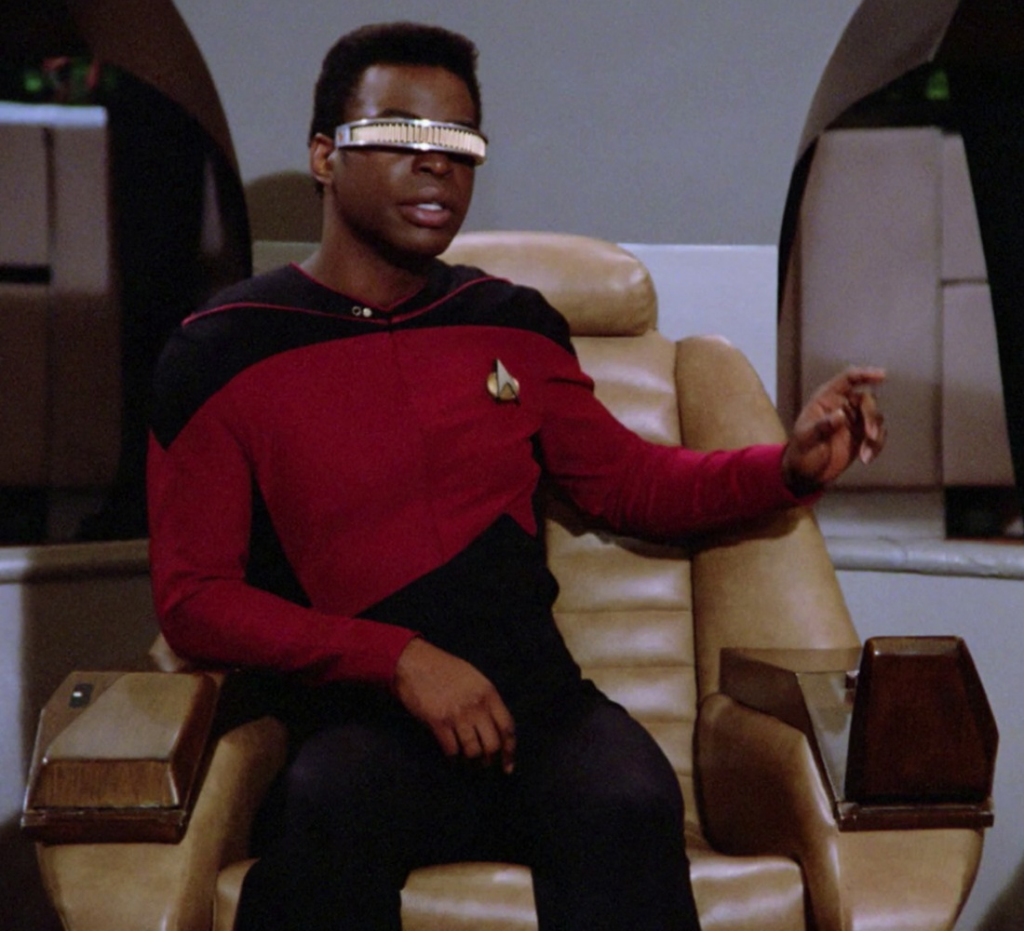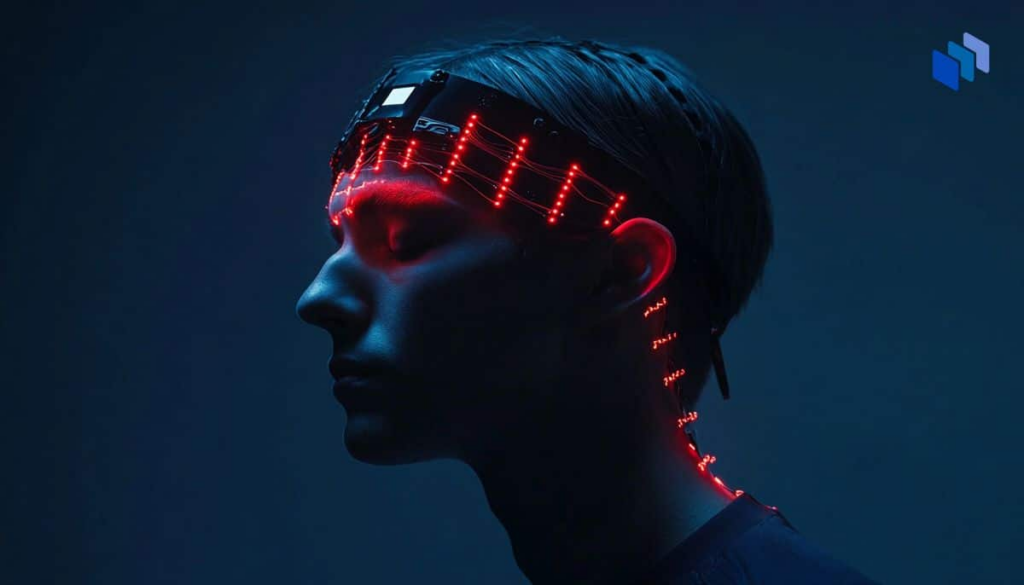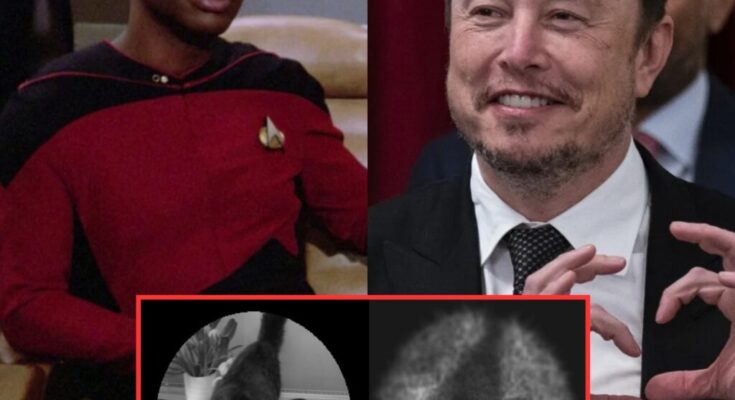Elon Musk Unveils Neuralink’s Blindsight Chip to Help Restore Vision
Elon Musk’s neurotechnology company, Neuralink, has announced a major breakthrough: a brain chip called Blindsight that aims to help restore vision for people who are completely blind. This innovative technology could transform lives across the globe, offering new hope to millions affected by vision loss.

During a recent event in Wisconsin, Musk revealed that human trials for the Blindsight chip are expected to begin by late 2025. The first version of the implant is designed to provide a basic form of sight, with plans for future upgrades that could deliver increasingly advanced visual capabilities.
Continue reading on next page…
According to Neuralink, the chip is engineered to bypass damaged areas of the brain and send visual signals directly to the neural pathways responsible for sight. This groundbreaking approach could provide a revolutionary alternative to traditional treatments for blindness.
Aiming for Affordability and Accessibility
One of the most compelling aspects of the Blindsight chip is its potential affordability. Neuralink estimates the implant could cost around $5,000, with the total procedure potentially reaching $30,000 in the U.S. when factoring in associated medical costs. With the possibility of insurance coverage, this technology could become more accessible to patients in need.
While Neuralink may not yet be as widely recognized as some of Musk’s other ventures like Tesla or SpaceX, the company has steadily advanced in the field of neurotechnology. Its goal is to develop safe, effective brain implants that help restore lost bodily functions, including vision, mobility, and communication.

Progress in Research and Development
Blindsight is the result of years of research and testing. Animal studies have shown encouraging results, with implanted monkeys able to perceive light, shapes, and basic visual cues. These findings laid the groundwork for human trials, which Musk says will begin by the end of 2025.
Earlier breakthroughs have also helped build momentum. In February 2024, Neuralink conducted its first human implant procedures on patients with mobility impairments. The implants enabled them to regain control over body parts they were previously unable to move, showcasing the broader potential of Neuralink’s brain-computer interface.
A Broader Vision for the Future
Neuralink’s ambitions go beyond sight restoration. The company is exploring possibilities for restoring movement, enhancing communication, and even developing interfaces that allow for hands-free control of digital devices. Trademark filings have hinted at future technologies related to “telepathy” and “telekinesis,” highlighting Musk’s long-term vision for advanced human-computer integration.
Despite the excitement, Neuralink acknowledges that several hurdles remain. The Blindsight chip must pass rigorous safety and efficacy testing before it can be approved for widespread use. Regulatory processes, insurance policies, and healthcare system integration will also play key roles in determining how widely the technology can be adopted.

Conclusion
If successful, Neuralink’s Blindsight chip could mark a new era in medical technology. By offering a potentially affordable, high-impact solution for blindness, it has the potential to improve the quality of life for countless individuals. As testing continues and the technology develops, the world will be watching closely, hopeful for the positive change this innovation may bring.




